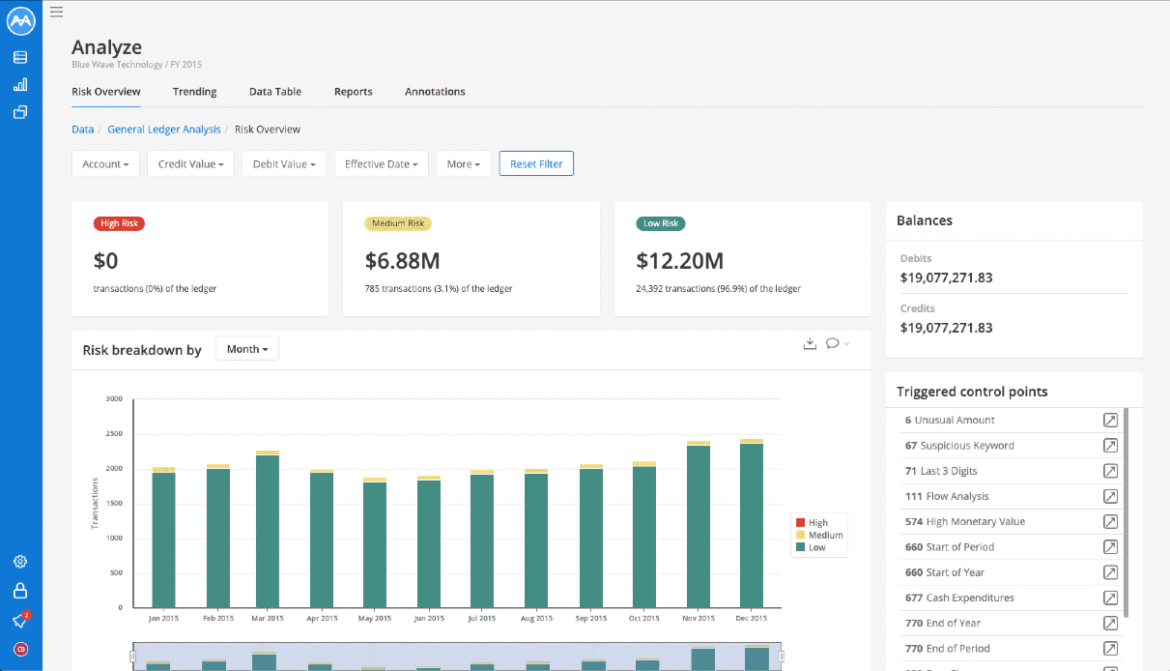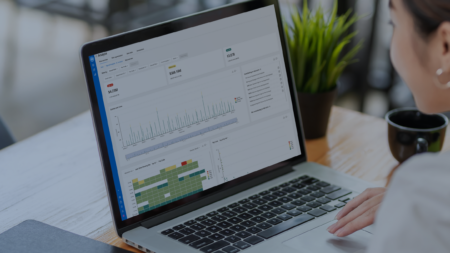In today’s world of COVID-19, accounting firms can be pressed by clients for short-term basic deliverables. There are still expectations for getting audits completed as pragmatically as possible per the standards along with the new norm of engaging clients virtually and securely.
I believe this challenge presents an opportunity for firms to re-position themselves for success in addressing this new environment. Humans adjust to new challenges well and this will accelerate the digitization and automation of key accounting processes, including auditing. This automation will not happen overnight but will transition as a step change, where the audit of the future bears little resemblance to the audit of today.
“We believe that the application of artificial intelligence will be immensely valuable in helping companies adapt to these trends. The most successful use cases will be those that seamlessly combine AI with human judgment and experience.”
– The Rise of the AI-Powered Company in the Postcrisis World, Boston Consulting Group
The accounting firms that adjust with speed and agility will be well-positioned to grow today and in the future.
Audit analytics as a competitive differentiator
The topical issues we are witnessing today include ‘going concern’ and financial performance analysis. Tremendous focus is being applied to cash flow, debt management, and yes, business survival. Businesses that are feeling financial stress are seeking additional education and guidance.
Remember, many times clients do not know what they want or what you can do for them. This is a perfect time to make your firm relevant to your clients. You can critically evaluate what is good for your clients and do so by leveraging audit analytics tools to educate them and develop appropriate plans to address their challenges.

Audit analytics builds usable market or industry-specific knowledge, so while you might not be able to sell advisory services directly to your audit clients, having better market knowledge improves your ability to sell this value to other companies and win new customers. Your firm becomes more relevant to their business and you have created a competitive advantage for your firm.
Remote auditing begins with security
It will also be paramount to ensure that the technology and services you leverage are designed to work in a virtual environment securely. Ensure that your audit tools are cloud-based, have primary and backup infrastructure providers that are fully ISO 27001 and SSAE 16 compliant, and use data encryption using NIST-approved algorithms (AES 256). It’s also critical that the vendor has completed the AICPA Security Organization Controls (SOC) compliance and has completed its SOC 2 Type 2 certification against all five trust services criteria.
Audit analytics in action
A MindBridge customer spoke recently about the value of our platform and how it positions the CPA firm for success. They stated that Ai Auditor improves the client-auditor relationship by allowing them to ask better questions and enhance the knowledge of their client business more than traditional tools. The platform becomes the single source of information that leverages the general ledger and provides 100% coverage with its transactional approach.
This positions accounting firms to:
- Understand and guide their clients appropriately, especially in the storm we are witnessing today
- Critically evaluate what’s good for their clients, including risk awareness and management
- Educate clients on their options and provide appropriate advice in making better decisions for their business
Accounting firms can re-invent and position themselves for success in this new world by delivering value-added services primarily driven by what is good for their clients. Your commitment to deploying innovative new solutions, such as audit analytics, and creating a competitive advantage for your firm is critical in today’s world of a virtual practice. Internally, firms and their employees will be inspired with the latest innovations and automations that our platform delivers.
There are risks in making this transition and investment but by working with the right partners and being astute about it, the benefits for your practice will be considerable.





